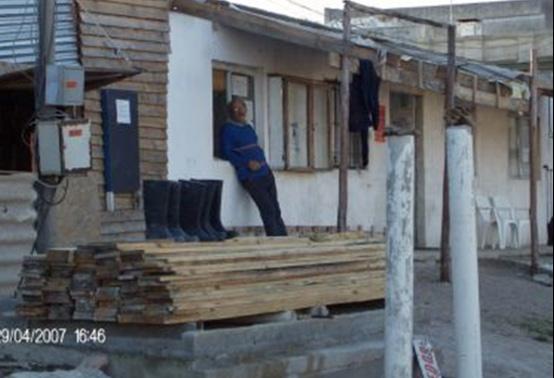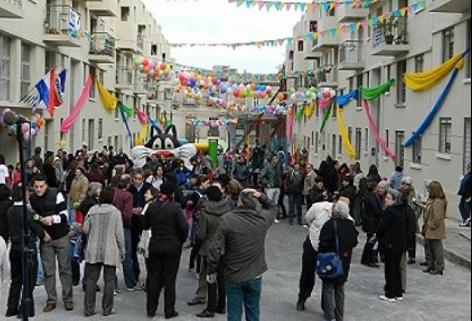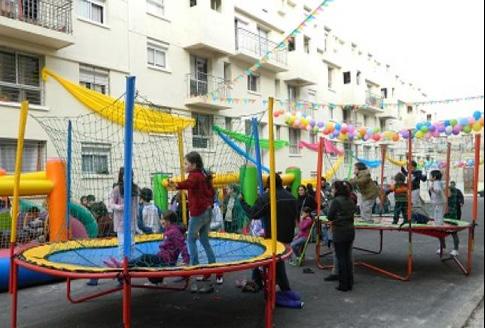
2 minute read
COVIREUS AL SUR
FUCVAM: a pioneer in housing cooperatives
The largest, oldest, and most active social organisation in Uruguay addressing housing and urban development concerns is the Uruguayan Federation of Mutual Aid Housing Cooperatives (FUCVAM). In the 1960s, Uruguay was a pioneer in developing mutual assistance housing cooperatives, implementing the concept in three national pilot projects at the same time as the 1968 National Housing Law. These adjustments made it possible for FUCVAM to be founded in 1970, which sparked the growth of the first mutual assistance housing cooperatives.
Advertisement
The five core principles of FUCVAM:
1. Solidarity: developing trustworthy relationships, cooperative communities, and shared obligations.
2. Democratic involvement: including locals in the planning, design, and construction phases.
3. Autogestão, or self-management: Cooperatives make their own decisions.
4. Mutual help, or Ayuda Mutua: when all cooperative members' families labour together to benefit the shared property.
5. Collective ownership: To strengthen the concept of "cooperative" while opposing speculation.
Covireus al Sur was established in 1997 after the local government granted FUCVAM access to some centrally placed land to construct cooperative housing in the centre of Montevideo. After assigning the 182 housing units developed, including housing units mainly created for individuals with disabilities, the cooperative was formally launched in May 2013 after the development process had begun in 2007. The construction of Covireus al Sur signifies a considerable improvement in negotiations with government agencies and the acquisition of valuable central land for cooperatives. The old, dilapidated buildings had to be torn down, and new multi-story structures of various sizes were built in their place.
The housing has the following remarkable features.
1. The community owns land and structures.
2. The growth of cohesive organisations that become aware of their rights.
3. Each member contributes equally to the construction and upkeep of the home.
4. Members continuously try to enhance their skills.
5. In addition to housing, cooperatives also promote co-living and co-working.
6. After the homes are finished, members can launch work communities.
7. Participants concentrate on one another's social and environmental advancement.
The Housing Development, Covireus al Sur, significantly affected the social and urban fabric of the neighbourhood to build a housing cooperative, which is the equivalent of several dozen families. The Cooperative provided some impetus for socio-cultural activities such as schools, stores, cultural facilities, etc., as well as infra-municipal life like the growth of neighbourhood/district council activities. To oversee the installation of services that accompany housing, coconstruction activity is set up at the urban level between the cooperative, the federation, and the municipal authorities (servicing, drinking water, sewerage, electricity, telephone, paved road, etc.).


Consequently, families' knowledge growth goes beyond learning about building prices and construction methods. Education about family rights and human rights is also available.
Cooperative members encounter various challenges, such as when dealing with the government and utility providers; they are learning better communication and marketing strategies. After constructing the homes, the participants can establish new cooperative organisations that attempt to participate in economic activity to raise family incomes. Being a part of a collective fosters independence and pride among families. Many families view cooperative growth and effort as a way to escape poverty and achieve individual emancipation.










